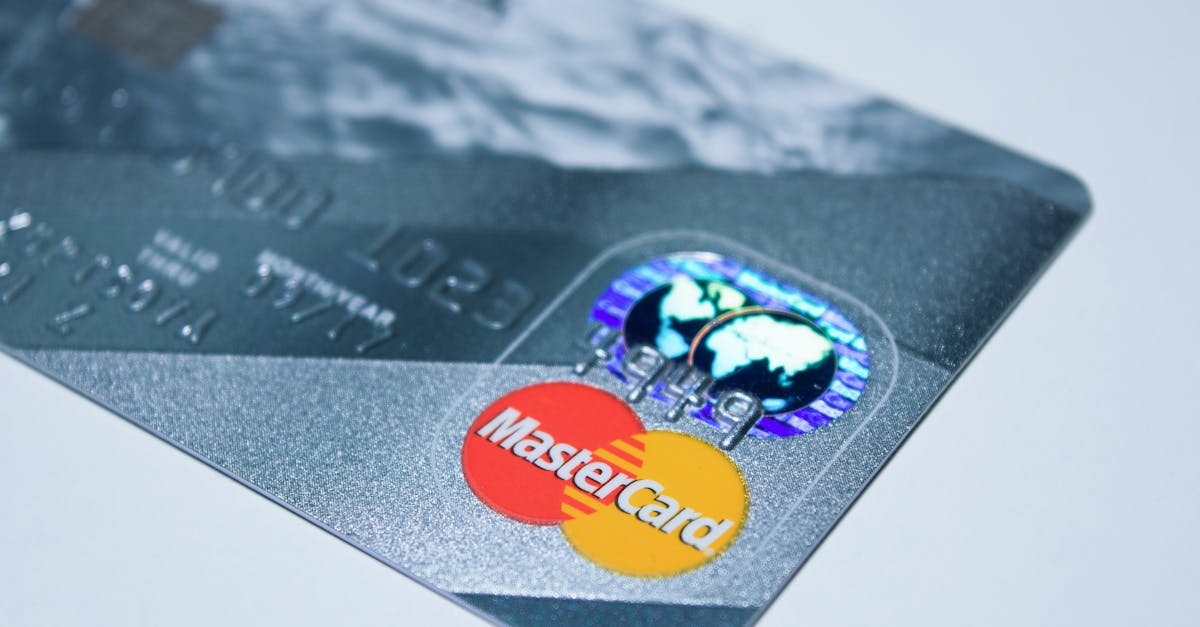Building a solid credit score is crucial for achieving financial stability and accessing better loan rates, credit cards, and even rental agreements. Whether you’re starting from scratch or looking to improve your current score, understanding the steps to build your credit score can set you on the path to financial success. In this post, we will explore ten effective strategies that will help you boost your credit score quickly and efficiently.
| Strategy | Description |
|---|---|
| Check Your Credit Report | Regularly review your credit report for errors and inaccuracies. |
| Pay Bills on Time | Establish a habit of paying all your bills on time to improve your score. |
| Keep Credit Utilization Low | Aim to use less than 30% of your available credit limit. |
| Establish a Credit History | Open a credit card or loan to begin building a credit history. |
| Diversify Your Credit Mix | Use different types of credit, such as installment loans and revolving credit. |
| Limit Hard Inquiries | Minimize the number of hard inquiries on your credit report. |
| Become an Authorized User | Ask a family member or friend to add you as an authorized user on their credit card. |
| Set Up Payment Reminders | Utilize reminders to ensure you never miss a payment. |
| Consider a Secured Credit Card | Use a secured credit card to build credit if you have no credit history. |
| Stay Informed | Keep up with changes in your credit score and understand how it works. |
Check Your Credit Report
Regularly reviewing your credit report is essential. It allows you to identify any errors or inaccuracies that may negatively impact your score. You can obtain a free credit report once a year from each of the three major credit bureaus: Equifax, Experian, and TransUnion. Disputing inaccuracies can help improve your credit score and ensure that your financial history is accurately represented.

Pay Bills on Time
Payment history is one of the most significant factors affecting your credit score. Making timely payments on all your bills, including credit cards, utilities, and loans, demonstrates financial responsibility. Consider setting up automatic payments or reminders to ensure you never miss a due date.

Keep Credit Utilization Low
Your credit utilization ratio is the amount of credit you’re using compared to your total available credit. Keeping this ratio below 30% is advisable, as high utilization can signal to lenders that you may be overextending yourself financially. Paying down existing debt and avoiding maxing out your credit cards can help maintain a low utilization rate.

Establish a Credit History
If you’re new to credit, it’s crucial to establish a credit history. You can start by opening a credit card or taking out a small personal loan. Using credit responsibly and making payments on time will help you build a positive credit history, which is vital for a good credit score.

Diversify Your Credit Mix
Lenders prefer to see a mix of credit types, such as credit cards, mortgages, and installment loans. Diversifying your credit mix can enhance your score, as it shows that you can handle various types of debt. However, it’s essential to manage this credit wisely and not take on debt you cannot afford.

Limit Hard Inquiries
When you apply for credit, lenders perform a hard inquiry on your credit report, which can slightly lower your score. It’s wise to limit the number of hard inquiries by only applying for credit when necessary. If you’re shopping for loans, try to do it within a short time frame, as multiple inquiries for the same type of credit are often treated as one inquiry.

Become an Authorized User
If you have a family member or friend with a good credit history, ask them to add you as an authorized user on their credit card. This strategy allows you to benefit from their positive payment history and can help improve your credit score without requiring you to use the card directly.

Set Up Payment Reminders
To avoid late payments, set up reminders for due dates. You can use your phone, calendar apps, or even financial management tools to help you remember when bills are due. Staying organized is key to maintaining a good credit score.

Consider a Secured Credit Card
If you have no credit history, a secured credit card can be a good option. These cards require a cash deposit that serves as your credit limit. By using the card responsibly and making on-time payments, you can build credit history and improve your credit score over time.

Stay Informed
Finally, staying informed about your credit score and understanding the factors that affect it is crucial. Regularly check your score and educate yourself on best practices for maintaining a healthy credit profile. Knowledge is power, and being proactive about your credit can lead to better financial opportunities.

FAQ
How long does it take to build credit?
Building credit can take several months to years, depending on your starting point and the steps you take. Consistent, responsible credit use will gradually improve your score over time.
Can I improve my credit score quickly?
While significant improvements may take time, you can see quick gains by paying down debts, ensuring timely payments, and correcting any errors on your credit report.
What is a good credit score?
A good credit score typically ranges from 700 to 749, while scores above 750 are considered excellent. Different lenders may have varying standards, but a higher score generally leads to better loan terms and rates.
Can I build credit without a credit card?
Yes, you can build credit without a credit card by taking out loans, becoming an authorized user, or using alternative credit reporting services that track your payment history for utilities and rent.
References: [Annual Credit Report](https://www.annualcreditreport.com), [Federal Trade Commission – Credit Scores](https://www.consumer.ftc.gov/articles/0151-credit-scores), [Consumer Financial Protection Bureau – Building Credit](https://www.consumerfinance.gov/ask-cfpb/what-is-a-credit-score-en-2021/)




